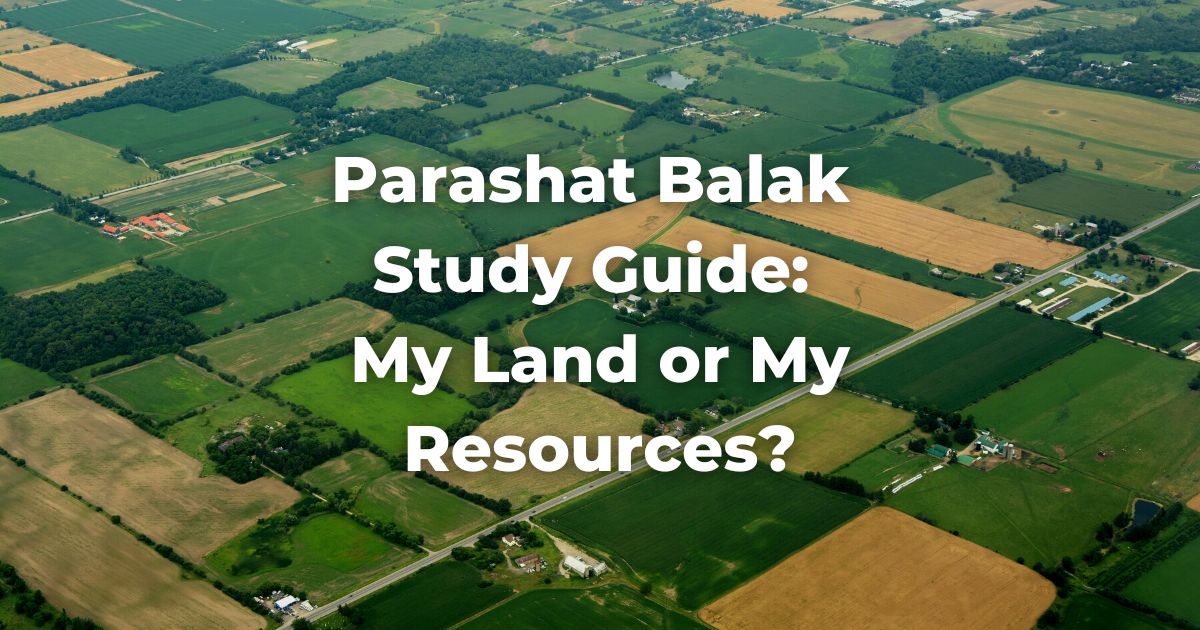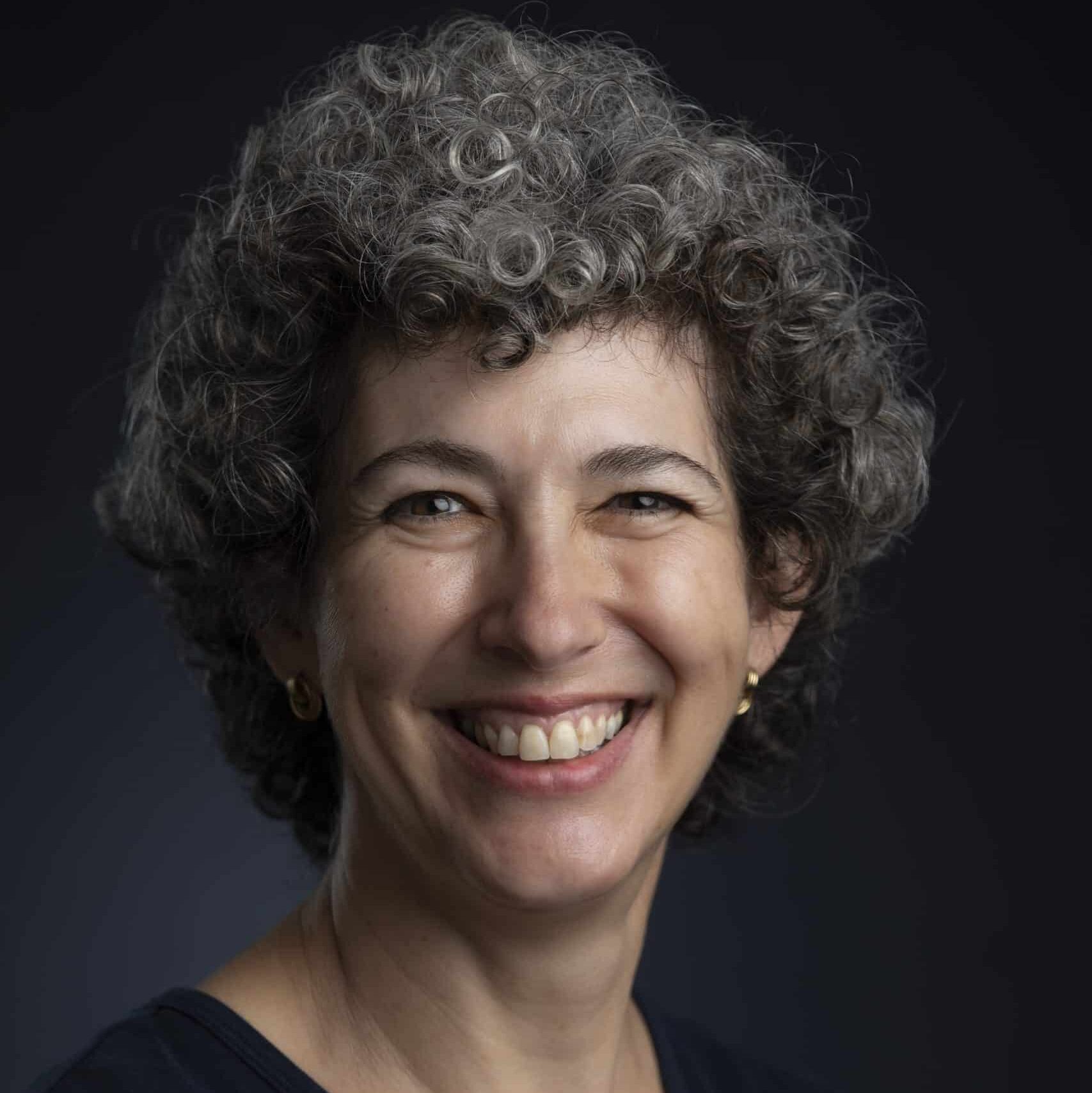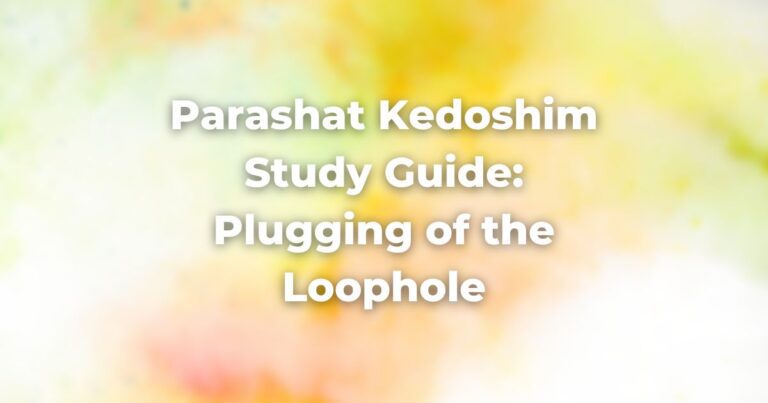Text: Bemidbar 22:2-4
2 And Balak the son of Zippor saw all that Israel had done to the Amorites. 3 And Moab was exceedingly afraid of the people because they were many, and Moab was sick with dread because of the children of Israel. 4 So Moab said to the elders of Midian, “Now this company will lick up everything around us, as an ox licks up the grass of the field.” And Balak the son of Zippor was king of the Moabites at that time.
Moab is located on the east side of the Dead Sea, just south of the territory of Sihon which the Israelites conquered. (See the study guide for Parashat Chukat)
- Balak seems to react to one thing, while the people of Moab mention something seemingly different that worries them. What is each one afraid of? Are their concerns different?
- Based on what Moab tells the elders of Midian, do they expect a repeat of what happened to Sihon and Og? Why?
Commentary: Rashi on Bemidbar 22:2
And Balak … saw all that Israel had done to the Amorites—He said to his people: Those two kings (Sihon and Og) on whom we relied (see Rashi in the study guide for Parashat Chukat) could not resist them; how much less can we do so; therefore, Moab was sick with dread.
- How are the reactions of King Balak and the people of Moab related?
- What were the Moabites relying on the Amorites for?
Commentary: Ramban on Bemidbar 22:3
Now Moab knew that Israel would not take their land from them, since they had sent to them [offering peace] just as they had sent to Sihon, [asking permission only to pass through their land] saying, “until I shall pass over the Jordan into the Land which the Eternal our G-d giveth us.” Or it is also possible that they had heard of G-d’s prohibition (Deuteronomy 2), when He said to the Israelites, “Be not at enmity with Moab.”
Therefore they said to the elders of Midian: “Even though the Israelites will not capture our land, they will lick up—because of their great numbers—all that is round about us, as an ox licks up the grass of the field, and they will capture all [the lands] that surround us, just as they did to the two Amorite kings, and they will make us servants to do taskwork.”
- Ramban suggests that Moab was not afraid of losing their land to the Israelites. What are his two reasons for thinking so? What did the Moabite dread?
- Comparing Rashi’s and Ramban’s readings. What support can you find in the text for each reading?
See more: Parashat Balak
Originally posted as part of the Conservative Yeshiva at the Fuchsberg Jerusalem Center’s Torah Sparks. Support TorahRefers to the first five books of the Hebrew Bible, the Tanakh, also called the Five Books of Moses, Pentateuch or the Hebrew equivalent, Humash. This is also called the Written Torah. The term may also refer to teachings that expound on Jewish tradition. Read more learning from the Fuchsberg Jerusalem Center/Conservative Yeshiva for leaders and seekers around the world here.
Authors
-

Vered Hollander-Goldfarb teaches Tanach and Medieval Commentators at the Conservative Yeshiva and is a regular contributor to Torah Sparks, FJC’s weekly message on the weekly Torah portion. She received her M.A. in Judaic Studies and Tanach from the Bernard Revel Graduate School of Yeshiva University and studied at Bar-Ilan University and the Jewish Theological Seminary. Before making aliyah, Vered taught at Ramaz School and Stern College in New York.
View all posts -



The Fuchsberg Jerusalem Center (FJC) is a home in the heart of Jerusalem where leaders and seekers can find an authentic place in Jewish tradition to call their own. FJC offers opportunities to study, pray and explore within an egalitarian and inclusive setting, creating multiple pathways for finding personal and communal meaning.
View all posts






